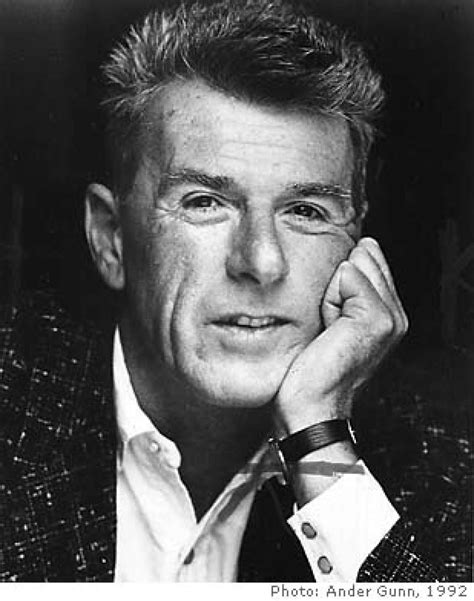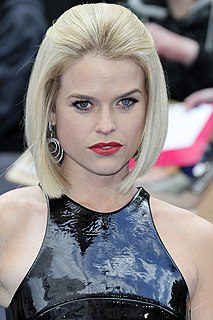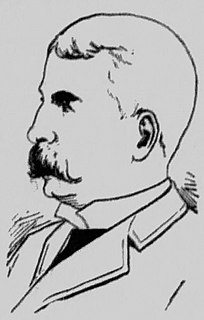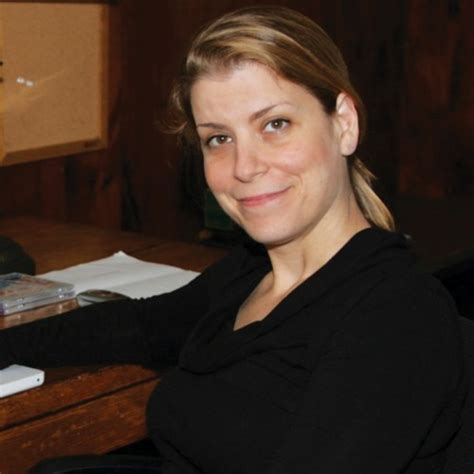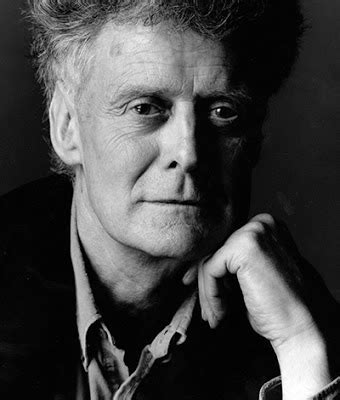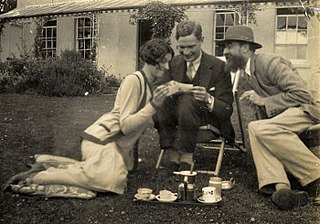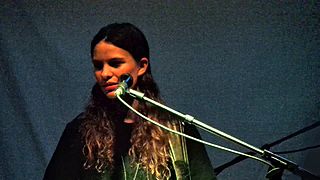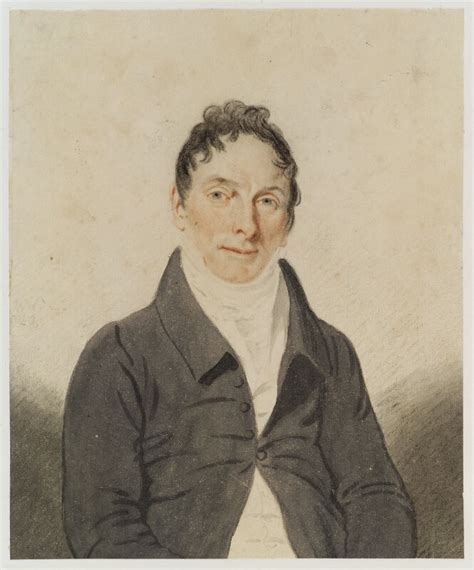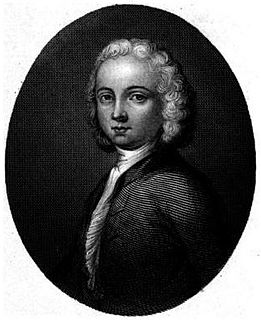Top 49 Wordsworth Quotes & Sayings
Explore popular Wordsworth quotes.
Last updated on December 21, 2024.
Wordsworth was right when he said that we trail clouds of glory as we come into the world, that we are born with a divine sense of perception. As we grow older, the world closes in on us, and we gradually lose the freshness of viewpoint that we had as children. That is why I think children should get to know this country while they are young.
And I love Jane Austen's use of language too--the way she takes her time to develop a phrase and gives it room to grow, so that these clever, complex statements form slowly and then bloom in my mind. Beethoven does the same thing with his cadence and phrasing and structure. It's a fact: Jane Austen is musical. And so's Yeats. And Wordsworth. All the great writers are musical.
All of us , I believe , carry about in our heads places and landscapes we shall never forget because we have experienced such intensity of life there :places where, like the child that 'feels its life in every limb' in Wordsworth's poem'We are seven' ,our eyes have opened wider, and all our senses have somehow heightened.By way of returning the compliment , we accord these places that have given us such joy a special place in our memories and imaginations. They live on in us, wherever we may be, however far from them.
All living beings have received their weapons through the same process of evolution that moulded their impulses and inhibitions; for the structural plan of the body and the system of behaviour of a species are parts of the same whole.... Wordsworth is right: there is only one being in possession of weapons which do not grow on his body and of whose working plan, therefore, the instincts of his species know nothing and in the usage of which he has no correspondingly adequate inhibition.
A writer works from the material she has, but it comes from the unconscious. Everything is stored up and one never knows what comes up to the surface at a given moment. A period of gestation is certainly needed, what Wordsworth called ‘emotion recollected in tranquility.’ You cannot write about an experience when you are living it, suffering it. You are too busy surviving to look at it objectively. At least I can’t.
The interpretations of science do not give us this intimate sense of objects as the interpretations of poetry give it; they appeal to a limited faculty, and not to the whole man. It is not Linnaeus or Cavendish or Cuvier who gives us the true sense of animals, or water, or plants, who seizes their secret for us, who makes us participate in their life; it is Shakspeare [sic] … Wordsworth … Keats … Chateaubriand … Senancour.
If you like poetry let it be first rate, Milton, Shakespeare, Thomson, Goldsmith Pope (if you will though I don't admire him), Scott, Byron, Campbell, Wordsworth and Southey. Now Ellen don't be startled at the names of Shakespeare, and Byron. Both these were great Men and their works are like themselves, You will know how to chuse the good and avoid the evil, the finestpassages are always the purest, the bad are invariably revolting you will never wish to read them over twice.
No monster vibration, no snake universe hallucinations. Many tiny jeweled violet flowers along the path of a living brook that looked like Blake's illustration for a canal in grassy Eden: huge Pacific watery shore, Orlovsky dancing naked like Shiva long-haired before giant green waves, titanic cliffs that Wordsworth mentioned in his own Sublime, great yellow sun veiled with mist hanging over the planet's oceanic horizon. No harm.
There are instances: [Henry David] Thoreau read [John] Wordsworth, [John] Muir read Thoreau, Teddy Roosevelt read Muir, and you got national parks. It took a century for this to happen, for artistic values to percolate down to where honoring the relation of people's imagination to the land, or beauty, or to wild things, was issued in legislation.
When I was a junior, my school introduced badminton, which was clearly a P.E. department ploy to get me away from the wrestling room, and it worked, since the first time I played badminton was like the first time I tasted sushi or heard the Beatles or read Wordsworth. This was a sport? This counted for gym requirements?
Canada, having few indigenous prejudices, has been compelled to import them from elsewhere, duty-free, and it is the rare Canadian who is not shaken, at some time in the year, by "old, unhappy, far-off things / And battles long ago", like Wordsworth's solitary reaper. We are a nation of immigrants, and not happy in our minds.
Perhaps the author cited is one of those, who, shunning the practice of the world, have taught the world to shun return! whose poetry is too finely spun, whose philosophy is too and mystified for popular demand: perhaps we have experienced feeling which Mr. Wordsworth alludes to, in a poem worthy of simplicity and loneliness of the sentiment "Often have I sighed to measure By myself a lonely pleasure; Sighed to think I read a book Only read perhaps by me!
I don't particularly care about having [my characters] talk realistically, that doesn't mean very much to me. Actually, a lot of people speak more articulately than some critics think, but before the 20th century it really didn't occur to many writers that their language had to be the language of everyday speech. When Wordsworth first considered that in poetry, it was considered very much of a shocker. And although I'm delighted to have things in ordinary speech, it's not what I'm trying to perform myself at all: I want my characters to get their ideas across, and I want them to be articulate.
Two voices are there: one is of the deep; It learns the storm-cloud's thunderous melody, Now roars, now murmurs with the changing sea, Now bird-like pipes, now closes soft in sleep: And one is of an old half-witted sheep Which bleats articulate monotony, And indicates that two and one are three, That grass is green, lakes damp, and mountains steep And, Wordsworth, both are thine.
